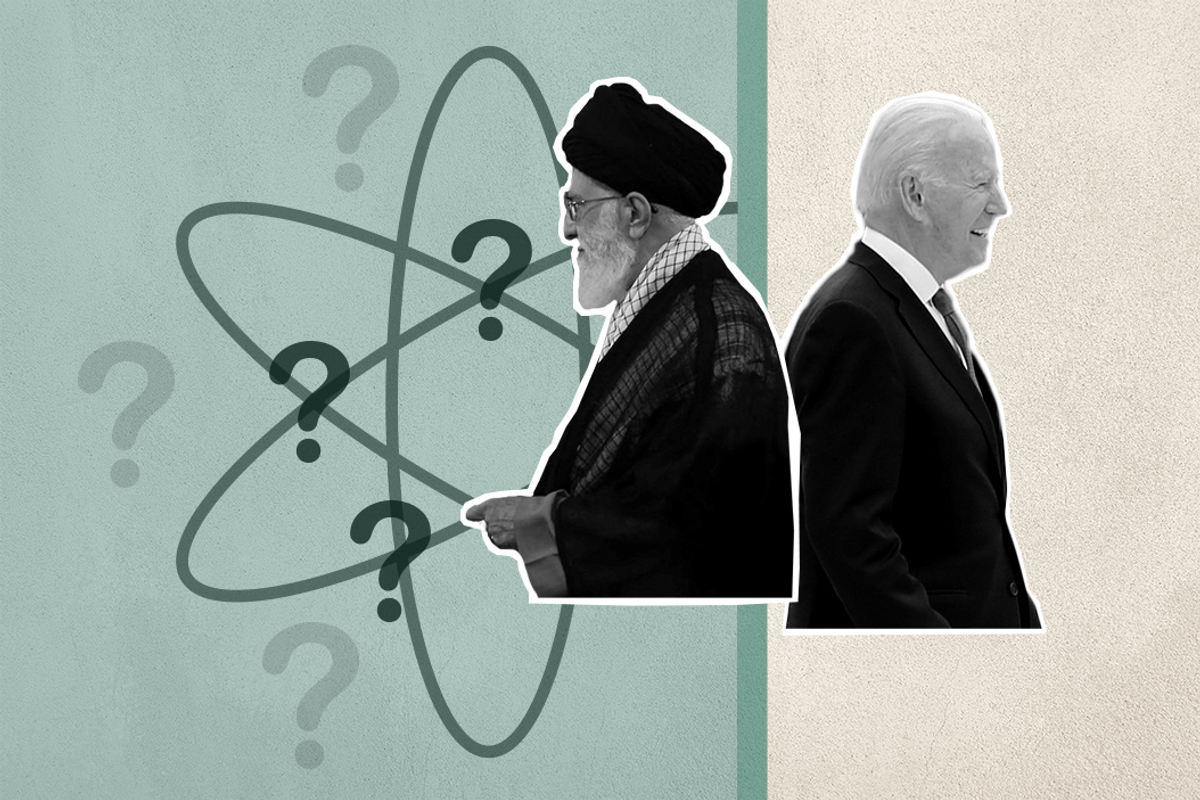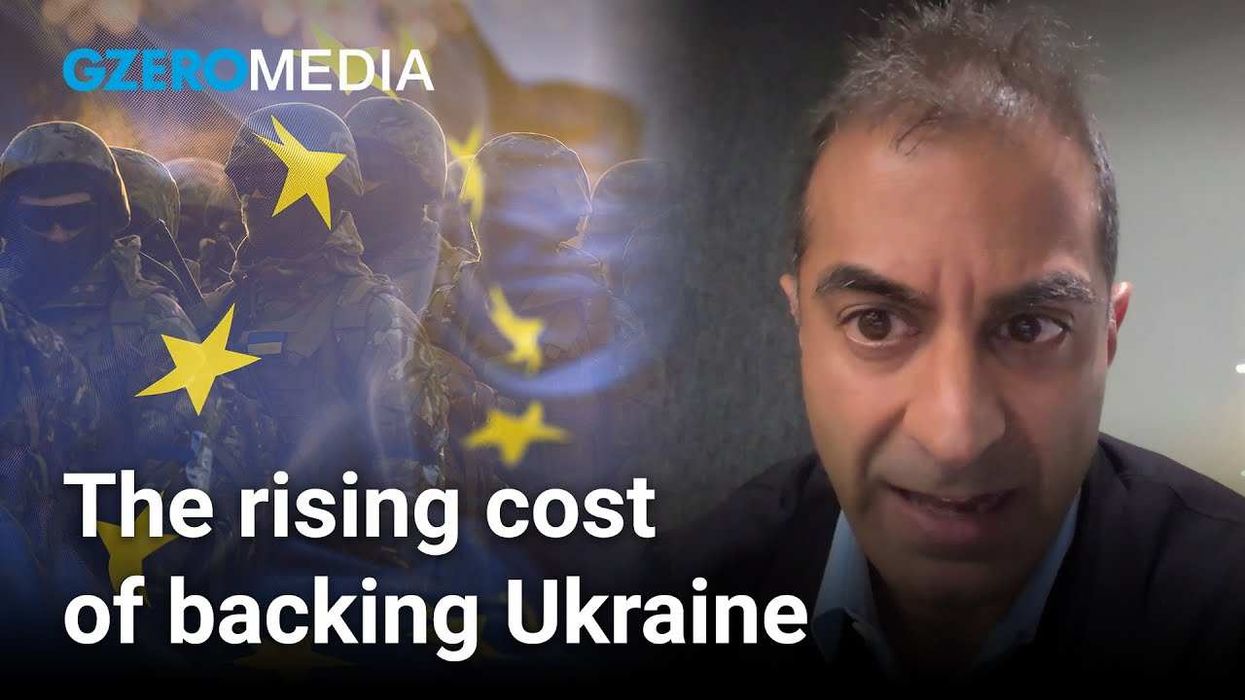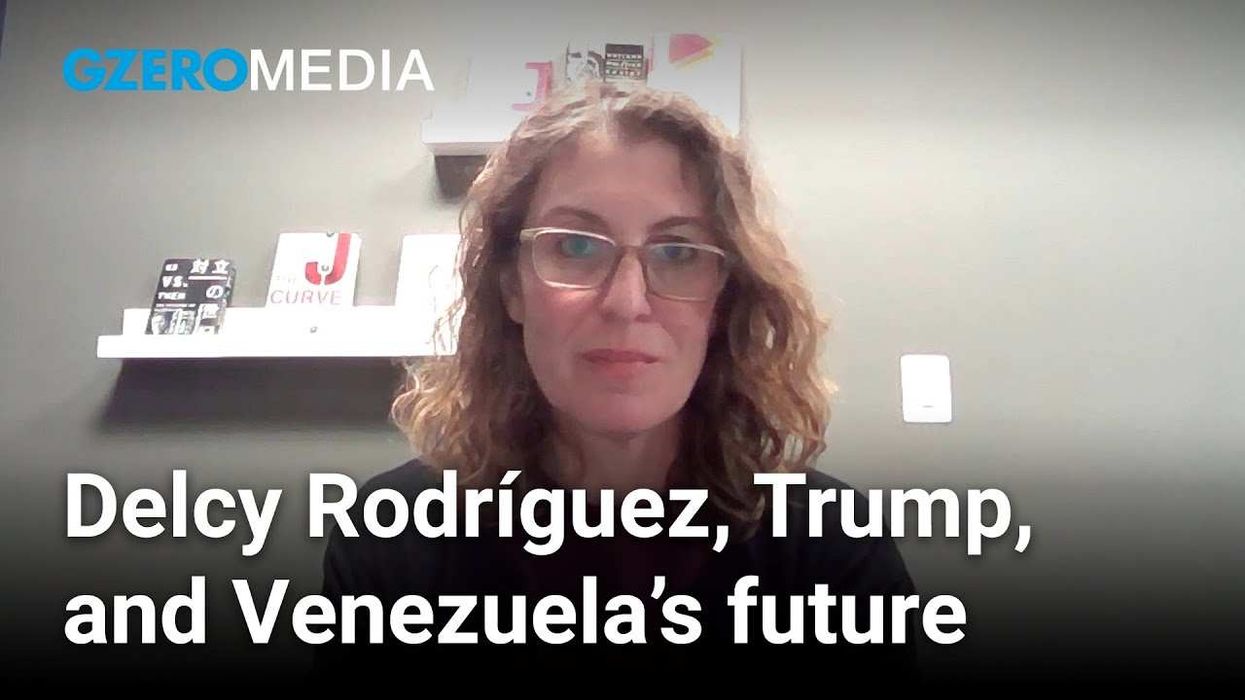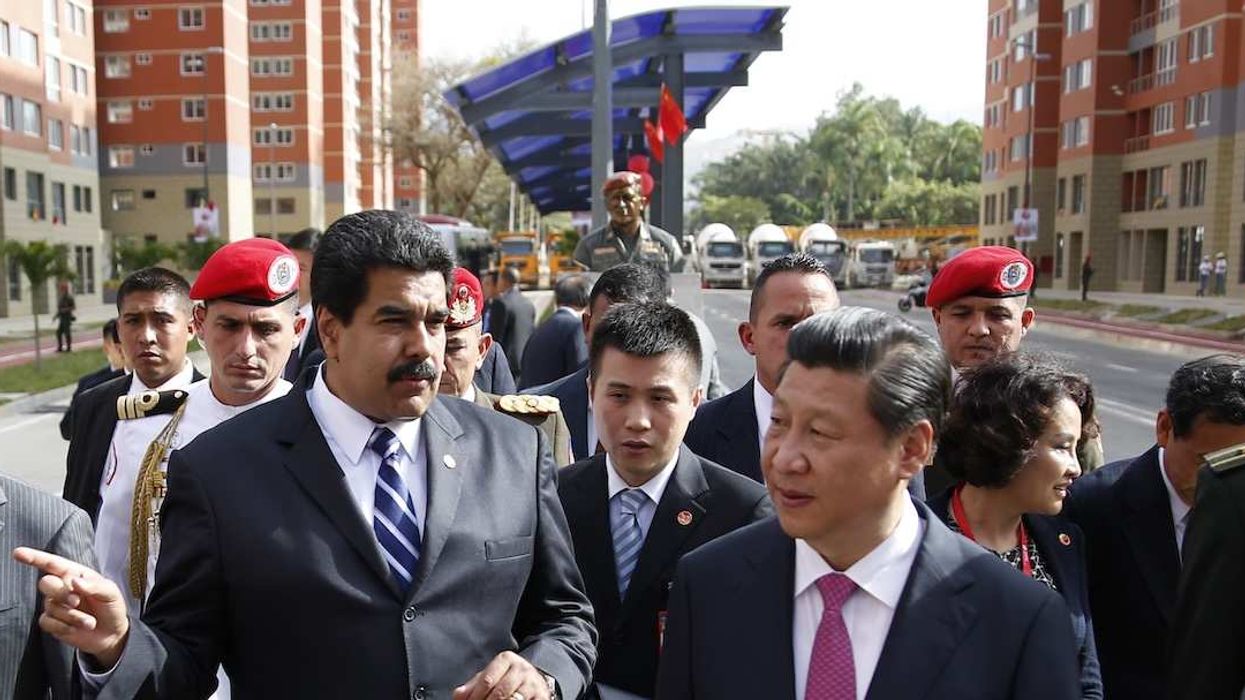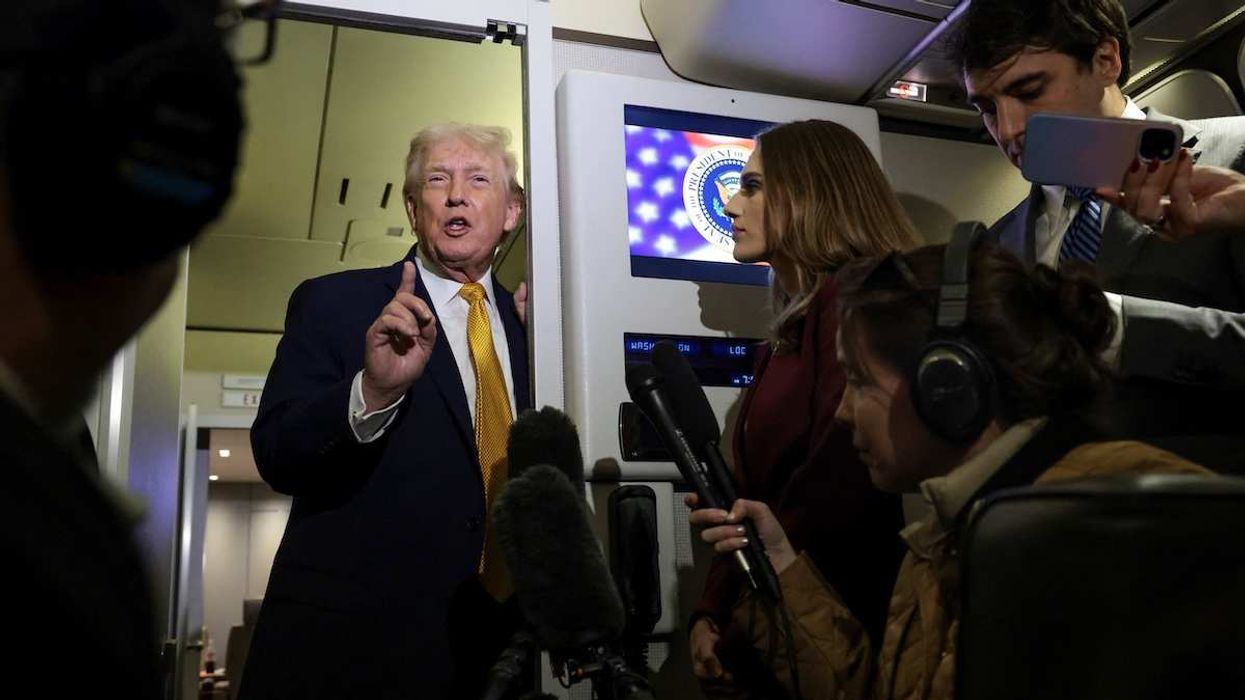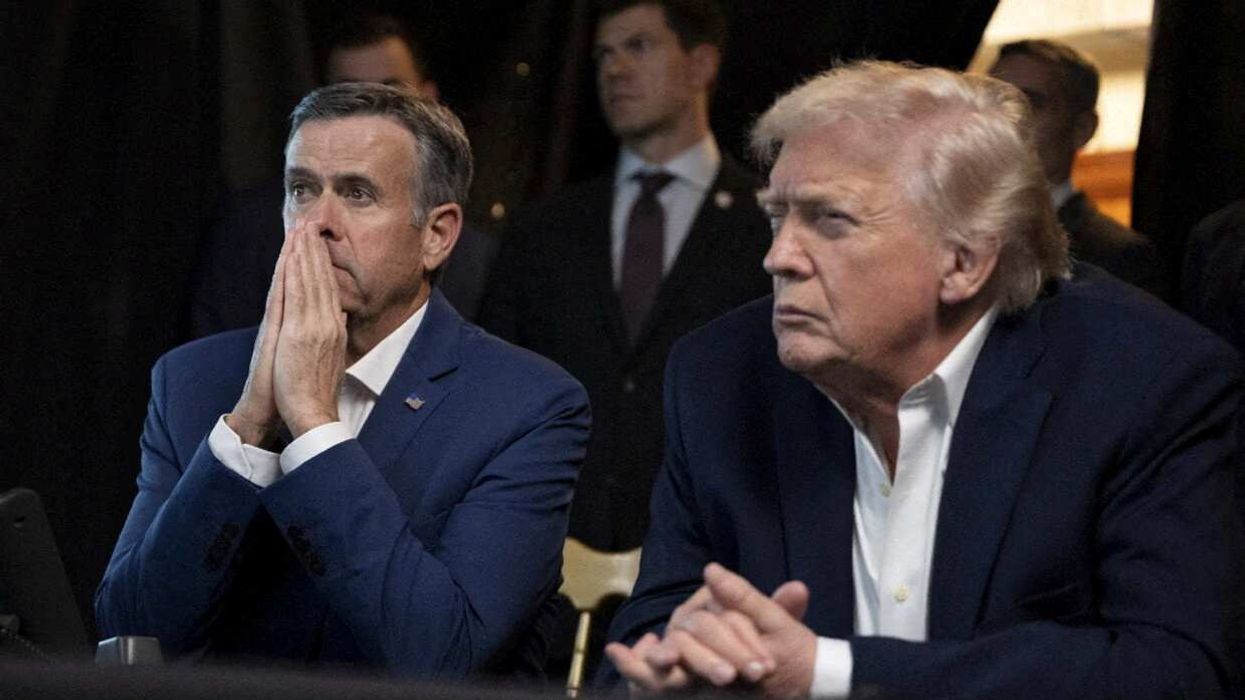On Monday, the Biden administration informed Congress that it had issued a waiver that will allow South Korean banks to transfer $6 billion in Iranian funds frozen by sanctions to Qatar’s Central Bank. (South Korea is one of the biggest purchasers of Iranian oil.) Qatar will then make the funds available to Iran for what the White House insists are humanitarian purposes like the purchase of food and medicine. Iran will free five detained US citizens, and Washington will release five Iranians detained in the US.
The deal is predictably controversial. The Biden team says it marks a breakthrough in US-Iran relations that could lead to important progress in other areas, including Iran’s nuclear program, and that the $6 billion comes not from US taxpayers but from Iran’s own frozen financial reserves. Republicans say President Biden is buying hostages, which rewards criminal behavior and encourages more hostage-taking.
The White House says Qatar will control and disburse the funds to ensure they are used only for the benefit of Iran’s people in accordance with US sanctions. But Iran’s President Raisi said Monday that only the Iranian government can determine what the Iranian people need, and that Iran will spend the $6 billion “wherever we need it.”
It remains unclear when the deal will be executed and the prisoners allowed to leave, but some speculate that it could be next week when both US President Joe Biden and Iran’s President Ebrahim Raisi attend the UN General Assembly in New York.
